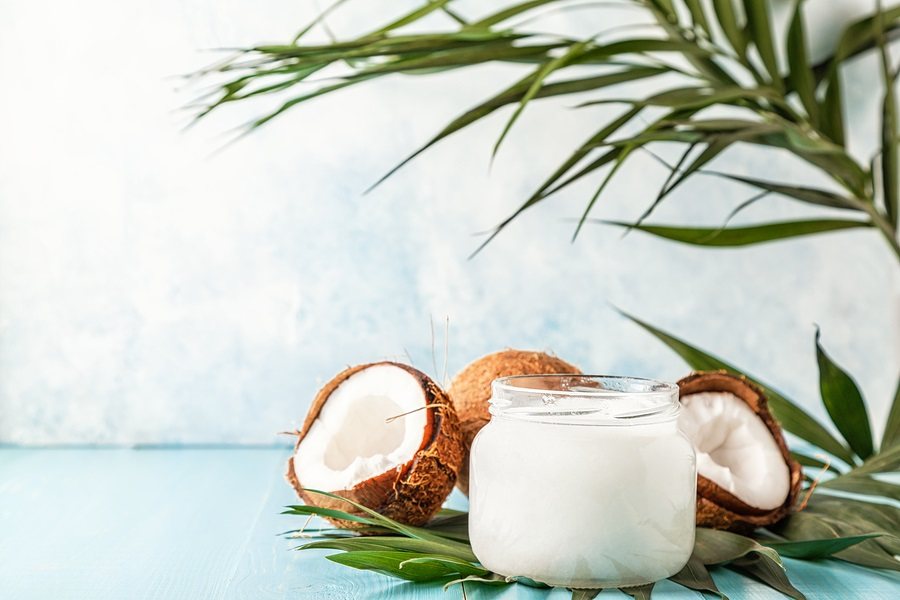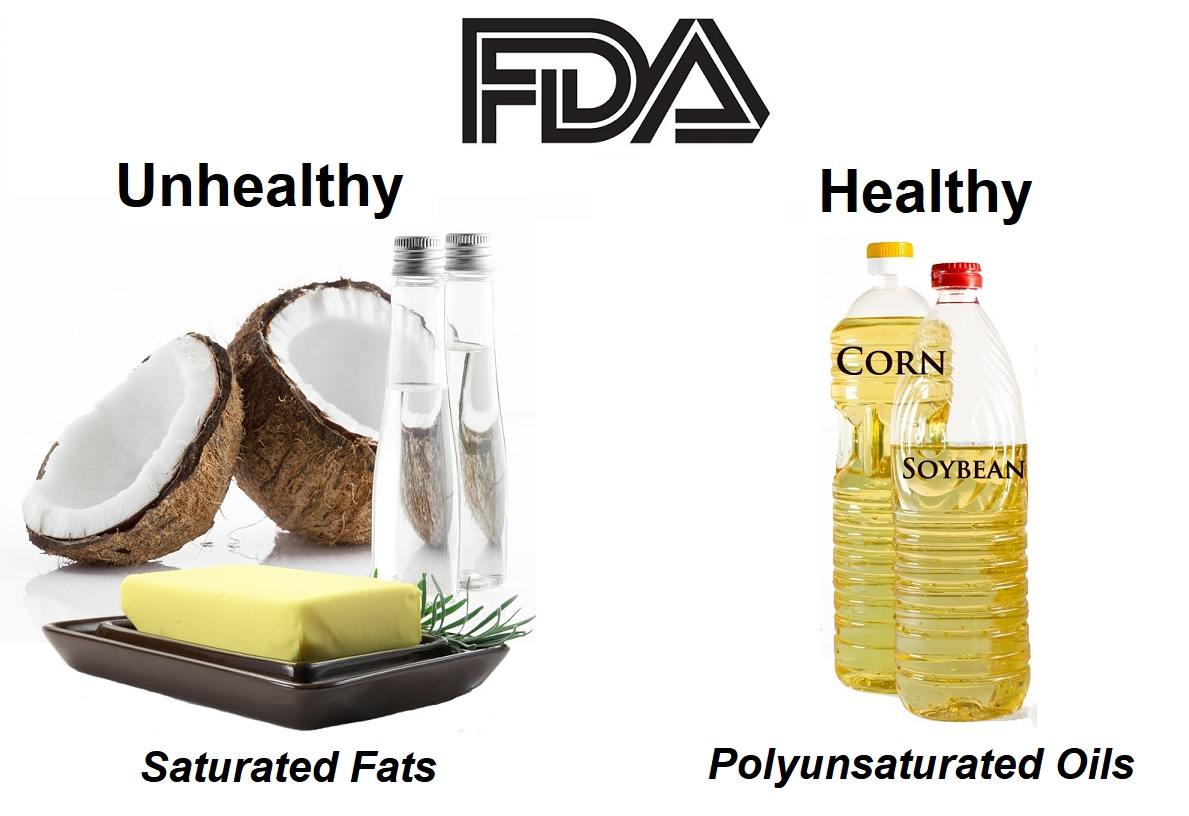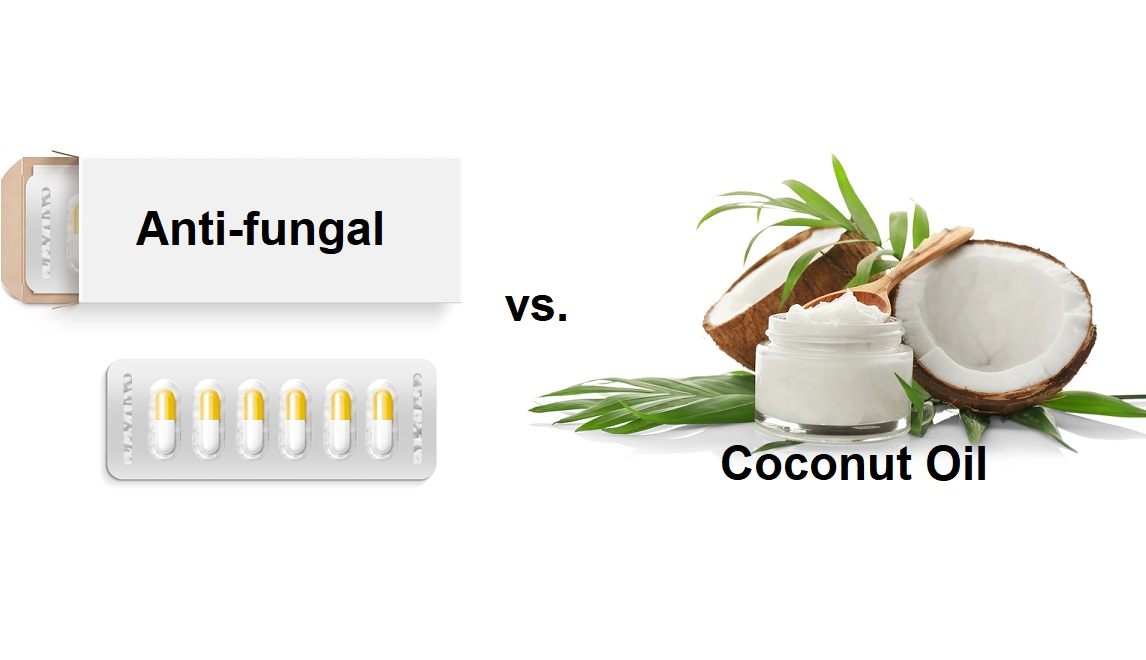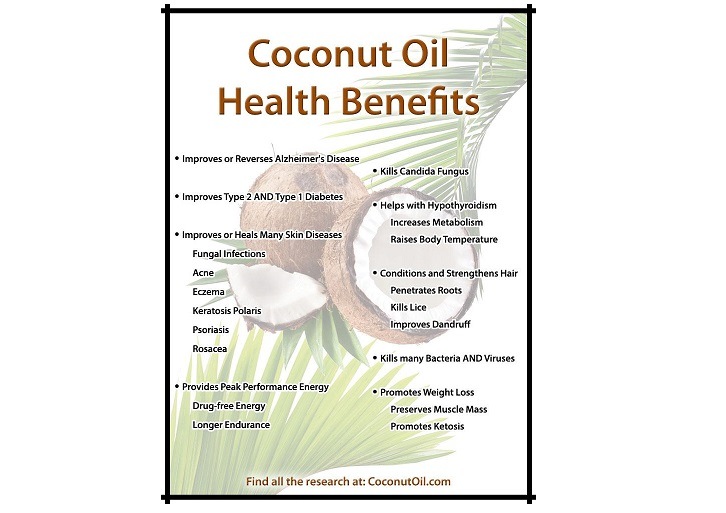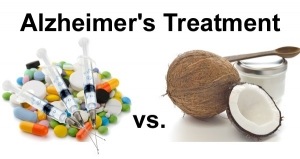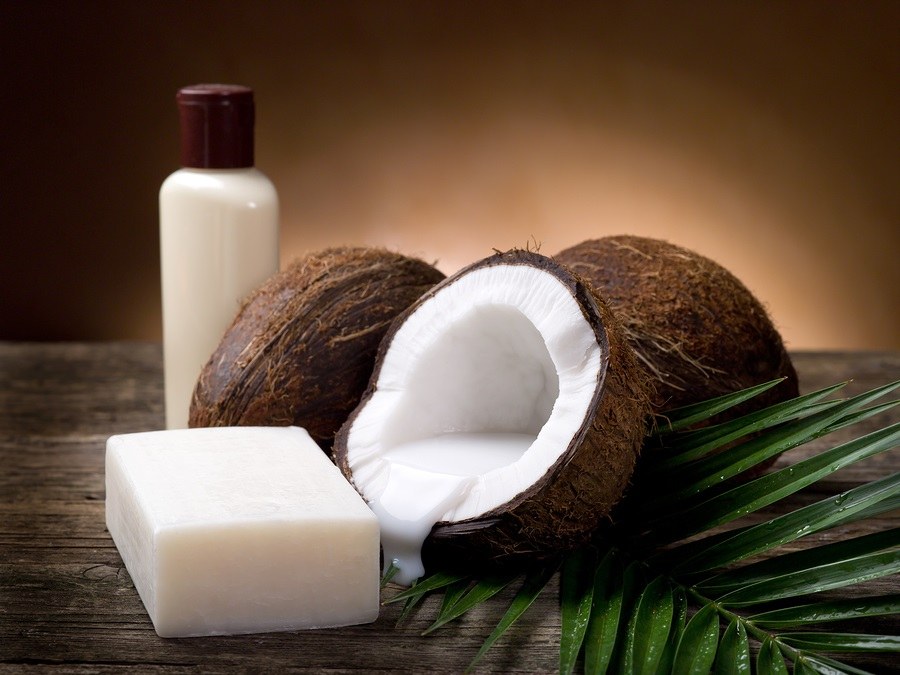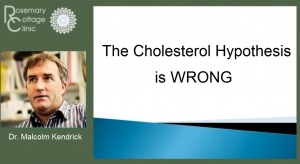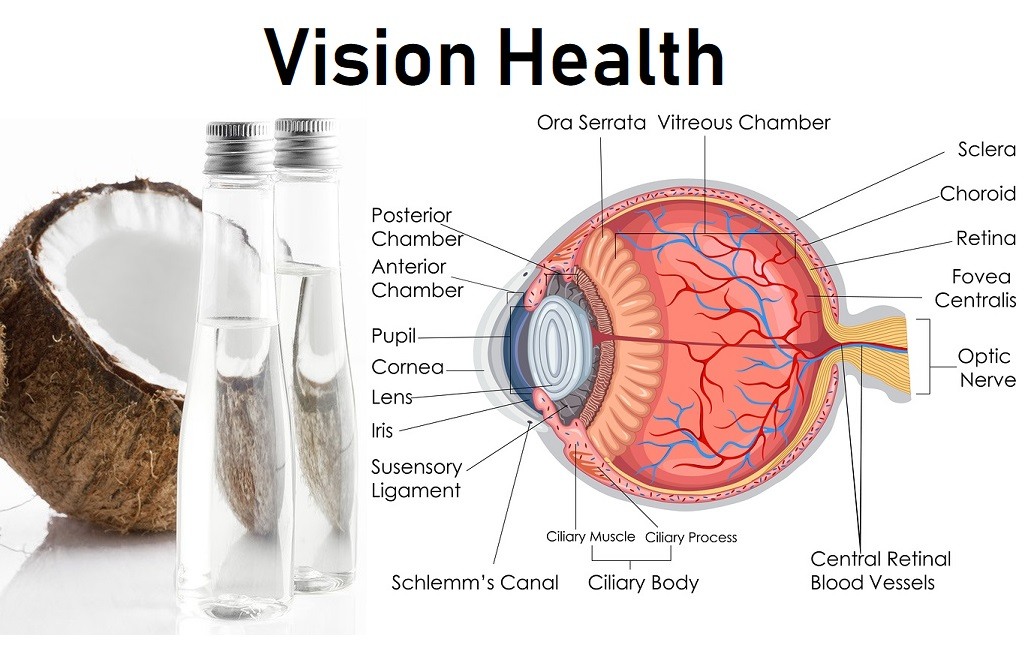Virgin Coconut Oil Supplementation Improves Diabetic Related Kidney Dysfunction
With Chronic Kidney Disease (CKD) on the rise, and its clear relationship to unmanaged blood sugar and blood pressure unquestioned, virgin coconut oil is proving a valuable addition to the fight with ameliorate kidney function parameters in suffers of CKD and can even be protective for those at risk for the disease. Lowering your risk for kidney dysfunction rests largely on lifestyle changes, but for change to occur in something so entrenched as an individual’s lifestyle, there is a need for impetus, and despite the fact that over 37 million people in the US alone are estimated to have CKD, many of those are completely unaware of the slippery slope they are currently on or headed towards. It’s interesting that virgin coconut oil, which is often a prominent part of a healthy ketogenic diet, also shows promise in studies as a potential therapy in the treatment and prevention of kidney dysfunction. Perhaps the only thing standing in the way of discovering the full benefits of virgin coconut oil in the treatment of chronic kidney disease and fully embracing it, is our society's ingrained acceptance of long held and poorly supported nutritional doctrine. Luckily in the cases of kidney function and diabetes, science is confirming that there is hope to be found in change… and that a couple of tablespoons of virgin coconut oil consumed daily may be just the place to start.



